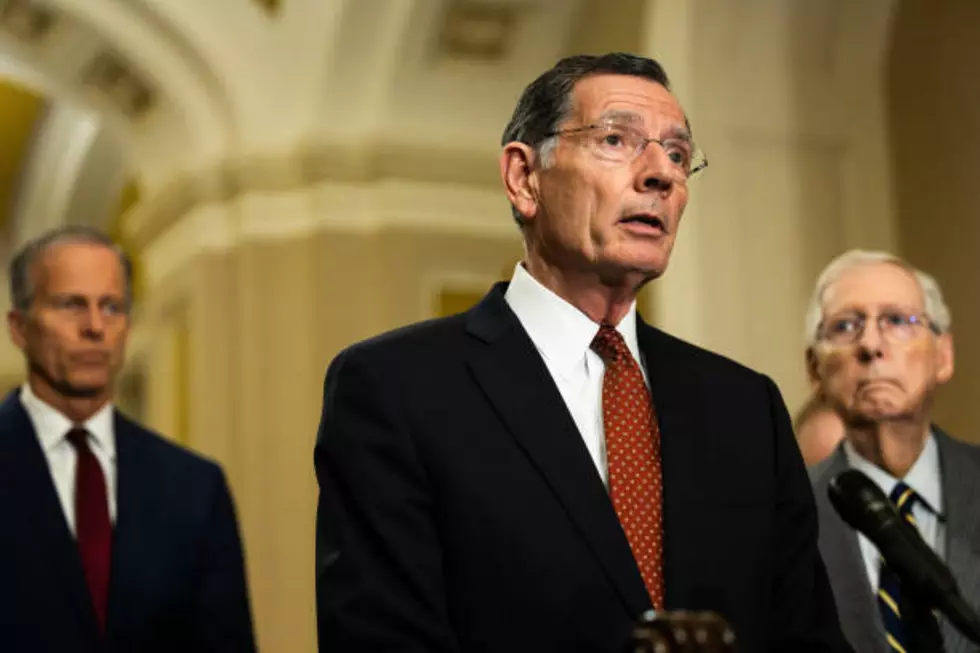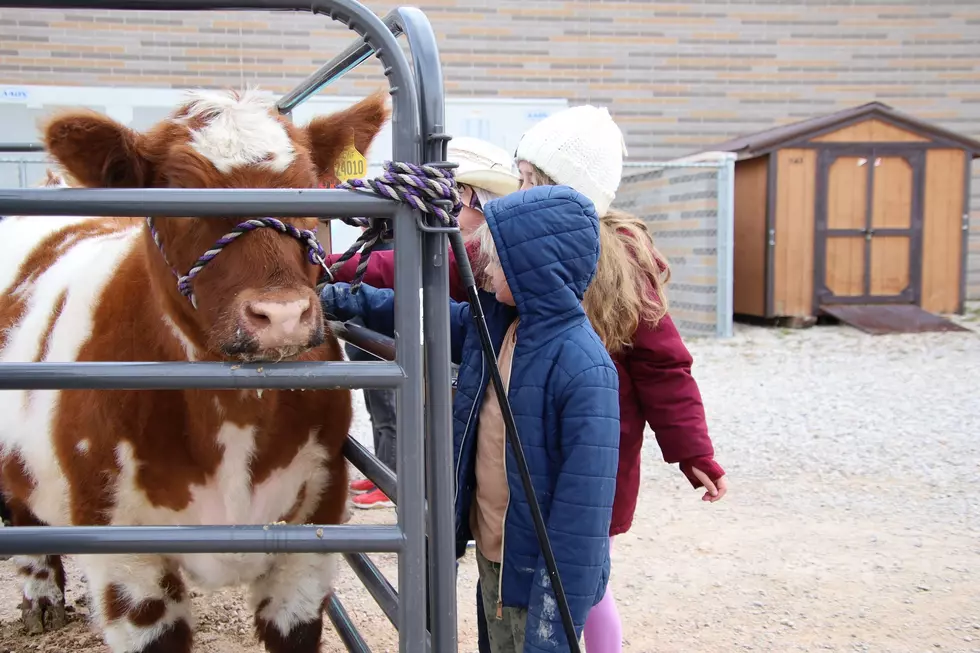![Rumor Spreads Like Horse Virus Outbreak [AUDIO]](http://townsquare.media/site/101/files/2011/05/5.18-horse-herpes-300x186.jpg?w=980&q=75)
Rumor Spreads Like Horse Virus Outbreak [AUDIO]
Wyoming's state veterinarian is encouraging horse owners to keep a watchful eye on their animals for signs of a fatal virus that's emerged in a few horses in western states. Dr. Jim Logan said Tuesday that he had received a lot of calls from concerned people, event organizers in particular.
Borders are still open:
"At this stage, I'm not aware of anything that has been shut down in Wyoming and we're not closing the borders of Wyoming, nor are any of the other states, nor to my knowledge is Canada. But obviously, if this thing progresses and if more cases show up around the country, some states, including Wyoming, may impose a little bit more strict import requirement such as perhaps a health certificate required within less than 30 days."
Dr. Logan said there have been no confirmed cases of Equine Herpes Virus-1 in Wyoming.
Dr. Donald Cobb is veterinarian for the CNFR. He doesn't want an overreaction to a disease that he says we've seen before as recently as 2007.
The virus isn't anything new:
"This particular strain of virus is not preventable with vaccine. Horses that go down, generally will never get back up. Horses that get ataxic, may respond to treatment. It is not a thing that is going to decimate the horse population of the western United States."
The virus doesn't pose a risk to humans, but it is highly infectious in horses, spread through the air and by contact. Dr. Cobb says what horse owners can do is practice some common sense precautions.
Horse sense precautions:
"Don't expose your horses to sick horses. Don't go to places where you are required to use common watering and feeding facilities. If you do have horses come in, isolate them. The incubation period is 10 to 14 days; any new additions probably should be isolated for a minimum of 30 days."
Dr. Cobb said there's not that much cause for alarm, despite rumors about an outbreak spreading on the Internet.
Truth versus rumor:
"One horse had gone down and was euthanized. One horse was being treated and was responding. And at this point in time, I am unaware of any other cases that are occurring anywhere other than those two in Colorado."
Things to watch for in a horse are fever, decreased coordination, nasal discharge, urine dribbling, tail limpness, hind-leg weakness, poor balance and lethargy.
More From K2 Radio
![State Vet Gives Itinerant Horses 72 Hours [AUDIO]](http://townsquare.media/site/101/files/2011/05/5.18-horse-herpes.jpg?w=980&q=75)








